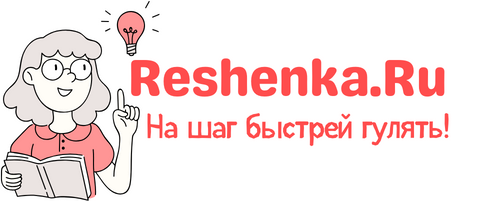1) Is there still time for us to hurry?
2) Would it be possible for me to have more meat? It is quite tasty!
3) Would it be a problem if I ask you some questions?
4) Are there any tourist attractions in this town? It seems that very few tourists come here.
5) I have doubts about Simons suitability as a teacher. He lacks patience.
6) Would you prefer to have milk in your coffee? Certainly!
7) Is this village a dull place to live? It appears that there is not much to do.
8) Do you ever visit Toronto? Yes, I go there several times a year.
9) Is it alright if I have some onions?
Пошаговое объяснение:
Разъяснение: Утверждения и вопросы — это высказывания, которые могут дать информацию или запросить информацию от другого человека. Чтобы понять различия между утверждениями и вопросами, нужно обратить внимание на строение предложения.
Утверждение — это высказывание, которое подразумевает какое-то утверждение или факт. В русском языке утверждения обычно имеют повествовательный порядок слов. В примере «Is there still time for us to hurry?» слова «there», «still» и «to hurry» дают возможность понять, что это вопрос, а не утверждение.
Вопрос — это высказывание, которое запрашивает информацию. В русском языке вопросы обычно имеют обратный порядок слов, чтобы указать на запрос информации. В примере «Would it be possible for me to have more meat? It is quite tasty!» слова «Would it be», «possible», «for me», «to have», «more meat» указывают, что это вопрос, который запрашивает разрешение.
Пример использования:
1) Утверждение: «There is still time for us to hurry.»
2) Вопрос: «Is it possible for me to have more meat? It is quite tasty!»
3) Вопрос: «Would it be a problem if I asked you some questions?»
4) Вопрос: «Are there any tourist attractions in this town? It seems that very few tourists come here.»
5) Утверждение: «I have doubts about Simon’s suitability as a teacher. He lacks patience.»
6) Вопрос: «Would you prefer to have milk in your coffee?»
7) Вопрос: «Is this village a dull place to live?»
Совет: Чтобы лучше различать утверждения и вопросы, полезно обратить внимание на порядок слов в предложении и на наличие вопросительного слова или фразы.
Упражнение: Перепишите следующие предложения, определяя, являются ли они утверждениями или вопросами:
1) Are you going to the party tonight?
2) The cat is sleeping on the sofa.
3) Is it raining outside?
4) She is a very talented singer.
5) Would you like some tea?
6) The train leaves at 9 o’clock.
7) Can you help me with my homework?
